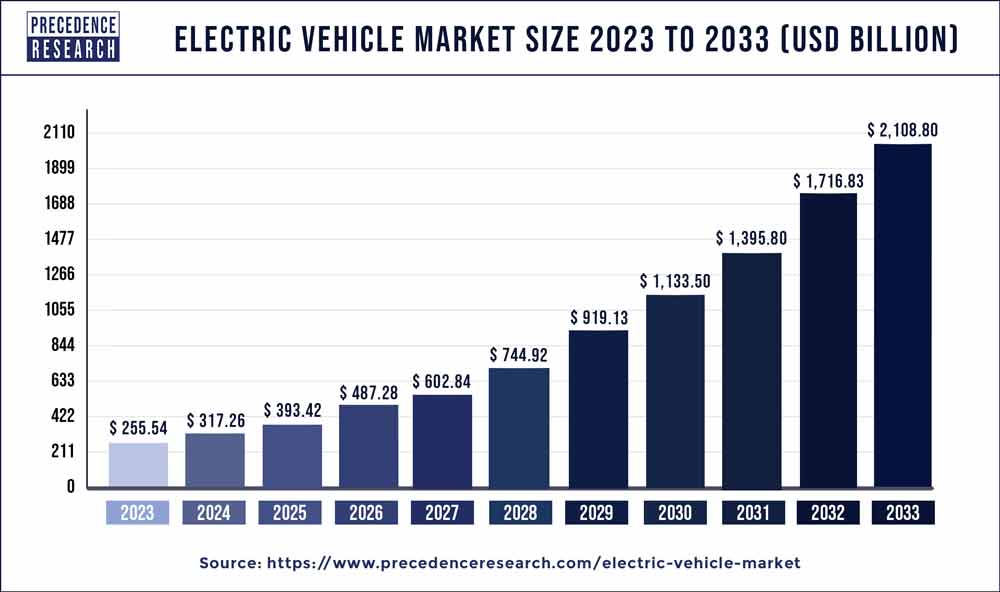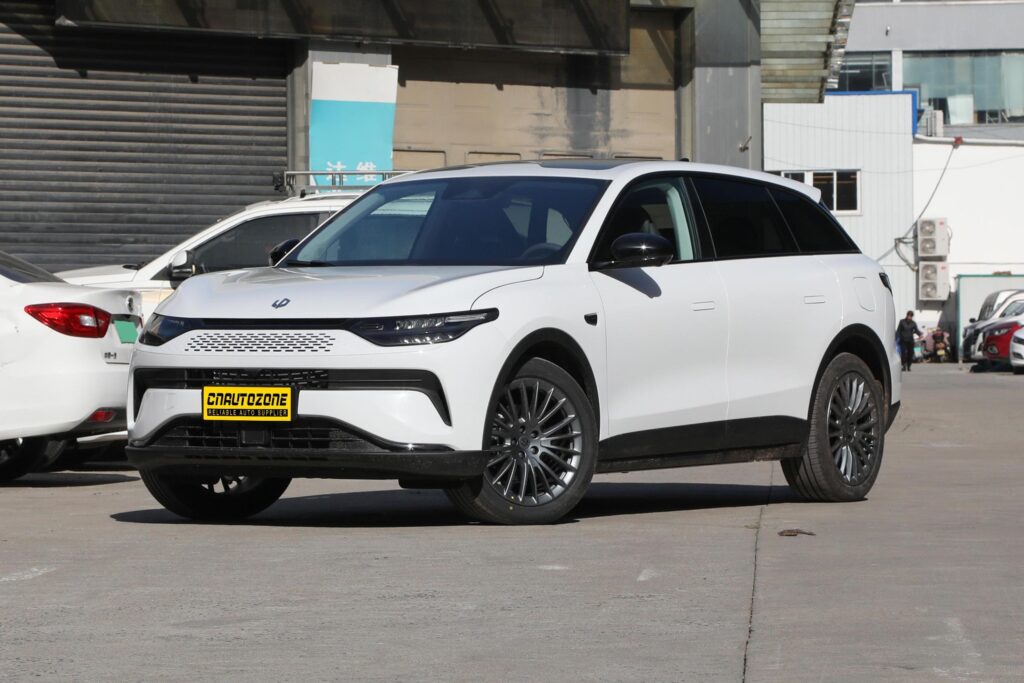The electric vehicle (EV) market has undergone a significant transformation over the past decade. As technological advancements accelerate and environmental concerns become more pressing, the global automotive landscape is shifting towards electrification. This blog post delves into the current capacity of the global electric vehicle market, explores emerging development trends, and examines the market share of prominent brands and models. cnautozone-car expert
Current Capacity of the Global Electric Vehicle Market
As of 2023, the global electric vehicle market is valued at an estimated US$ 300 billion, with projections indicating a compound annual growth rate (CAGR) of approximately 20% over the next decade. This robust growth is driven by multiple factors, including government incentives for EV purchases, an expanding network of charging infrastructure, and increased consumer awareness about sustainability.

Key Statistics
- Sales Volumes: In 2022, global EV sales exceeded 10 million units, marking a 60% increase from the previous year. This figure includes both battery electric vehicles (BEVs) and plug-in hybrid electric vehicles (PHEVs).
- Market Share: By the end of 2022, electric vehicles accounted for roughly 14% of total global vehicle sales. This share is expected to rise significantly, with forecasts suggesting that EVs may constitute over 30% of all vehicle sales by 2030.
- Charging Infrastructure: According to the International Energy Agency (IEA), the number of publicly accessible EV charging points surged to approximately 1.5 million globally in 2022. Governments and private entities are increasingly investing in charging infrastructure to address range anxiety among potential buyers.
Development Trends
1. Advances in Battery Technology
One of the most prominent trends shaping the EV market is the rapid advancement in battery technology. Manufacturers are focusing on increasing energy density, reducing charging times, and lowering costs. Solid-state batteries, with their higher energy density and improved safety, are at the forefront of research. As these innovations come to fruition, the driving range of electric vehicles will exponentially improve, making them more appealing to consumers.
2. Diversification of Vehicle Offerings
Traditionally dominated by passenger cars, the EV market is diversifying to include electric trucks, vans, and even two-wheelers. Major automotive manufacturers are introducing electric SUVs and crossovers, which appeal to a broader demographic. As consumer preferences shift towards versatile vehicle types, brands are expanding their electric lineups to capture market share.
3. Sustainability and Circular Economy
Sustainability has become a key motivator for both manufacturers and consumers. The integration of sustainable practices in the production and recycling of EV batteries is paramount. Many companies are investing in closed-loop systems, where the materials used in EV production are recycled to create new batteries. This commitment to sustainability is an attractive aspect for ecologically conscious consumers and can significantly influence brand loyalty.
4. Government Policies and Incentives
Government policies play a critical role in the growth of the electric vehicle market. Many countries are implementing stringent emissions regulations, aiming for carbon neutrality targets, and providing financial incentives to encourage EV adoption. These measures are vital in creating a favorable environment for electric vehicles, driving both consumer purchase decisions and manufacturer investments.
5. Technological Integration
The integration of artificial intelligence (AI) and the Internet of Things (IoT) in electric vehicles is revolutionizing the driving experience. Features such as autonomous driving capabilities, vehicle-to-grid technology, and enhanced infotainment systems are becoming commonplace. These technological advancements not only improve user experience but also promote energy efficiency and cost savings.
To understand the competitive landscape of the electric vehicle market, it is essential to analyze the market share of various brands and models. Major players include Tesla, BYD, Volkswagen, General Motors, and Nissan, each contributing to the ongoing electrification of the automotive sector.
1. GAC Aion
GAC Aion New Energy Automobile Co., Ltd., trading as GAC Aion (Chinese: 广汽埃安; pinyin: Guǎngqì Āiān) is a Chinese electric vehicle manufacturer headquartered in Guangzhou, China. A subsidiary of GAC Group, it was established in 2017 as the GAC New Energy Automobile. Its current name was adopted in November 2020. It produces battery electric vehicles under the eponymous Aion brand and the premium Hyptec brand.
2. Tesla
As a pioneer in the EV market, Tesla continues to dominate with a market share of approximately 16% in the global electric vehicle segment. The Model 3 remains the best-selling electric vehicle worldwide, driven by its impressive performance, innovative technology, and strong brand loyalty.
3. BYD
Chinese manufacturer BYD has rapidly gained traction in both domestic and international markets, capturing around 12% of the global EV market share. The brand’s extensive portfolio, including electric buses, trucks, and passenger vehicles, caters to diverse consumer needs, making it a formidable competitor.
4. Volkswagen
Volkswagen, with its ambitious Electrification Strategy, aims to transition into a global electric vehicle leader. As of 2023, the brand holds a market share of approximately 9%. The ID. series, particularly the ID.4 and ID.3 models, has garnered positive consumer responses, contributing to Volkswagen’s steady growth in the EV segment.
5. General Motors (GM)
General Motors, with its strong presence in the North American market, is making significant strides in the EV space. The company has committed to transitioning to an all-electric future, with the Chevrolet Bolt leading the charge. GM’s market share stands at about 7%, bolstered by strategic partnerships and investments in new technologies.
6. Nissan
Nissan was an early entrant into the electric vehicle market with the Leaf, one of the best-selling EVs of all time. While its market share has declined to around 5%, the company is poised for resurgence with the upcoming Ariya, a modern electric SUV that aims to compete in the growing crossover segment.
Conclusion
The global electric vehicle market is a dynamic and rapidly evolving sector, fueled by innovation, sustainability, and changing consumer preferences. As major automotive manufacturers ramp up their electric offerings, the competitive landscape will continue to shift, creating new opportunities and challenges for all players involved.
With the current trends indicating a sustained upward trajectory for electric vehicles, stakeholders—including manufacturers, consumers, and policymakers—must remain agile and forward-thinking in navigating this transformative era of the automotive industry. As we look toward a greener future, the electric vehicle market stands as a beacon of potential in combating climate change and fostering a circular economy. The next decade will likely see continued growth, innovation, and the emergence of new players, solidifying electric mobility’s place at the forefront of global transport solutions. cnautozone-car expert

